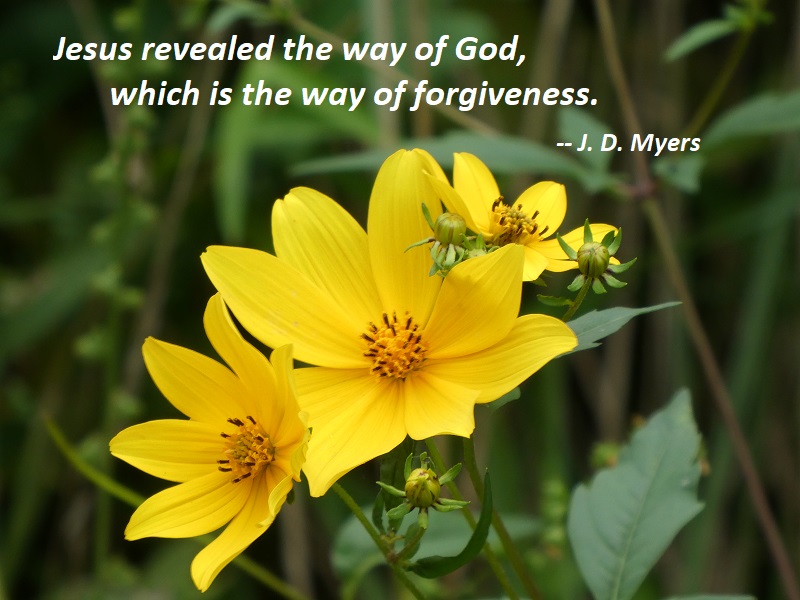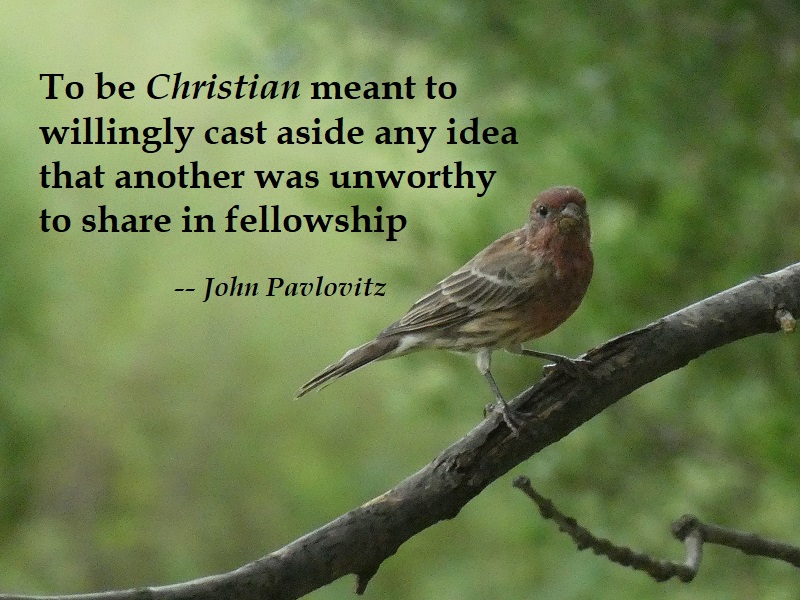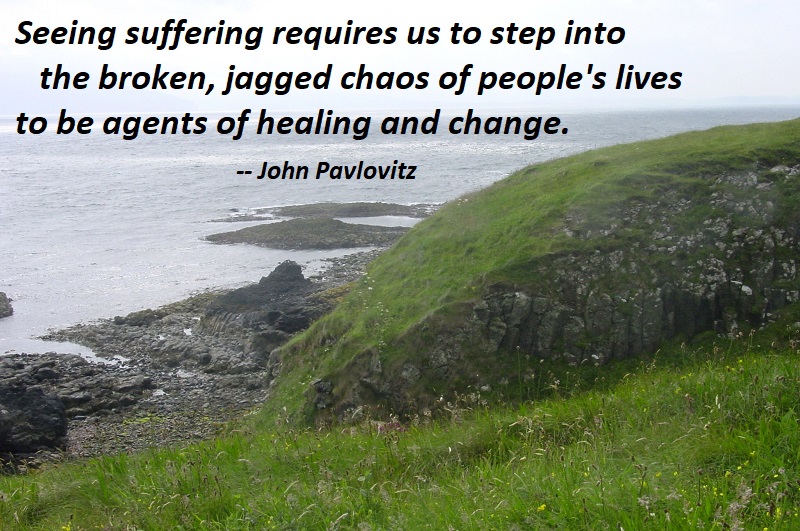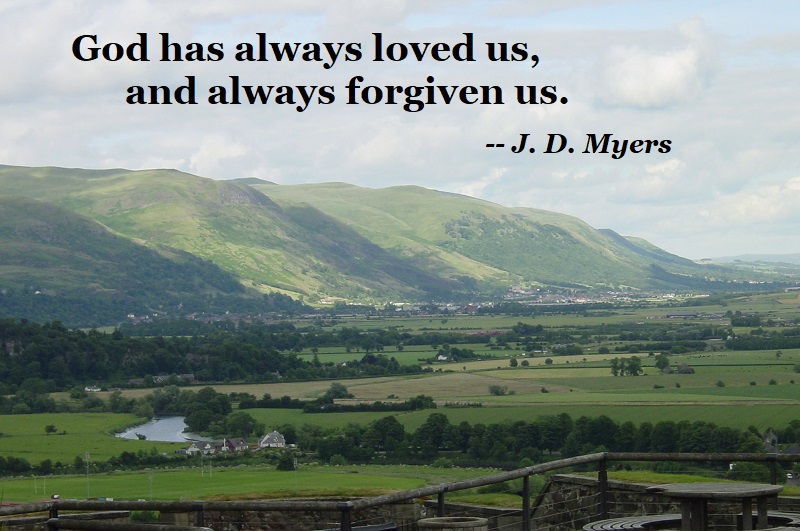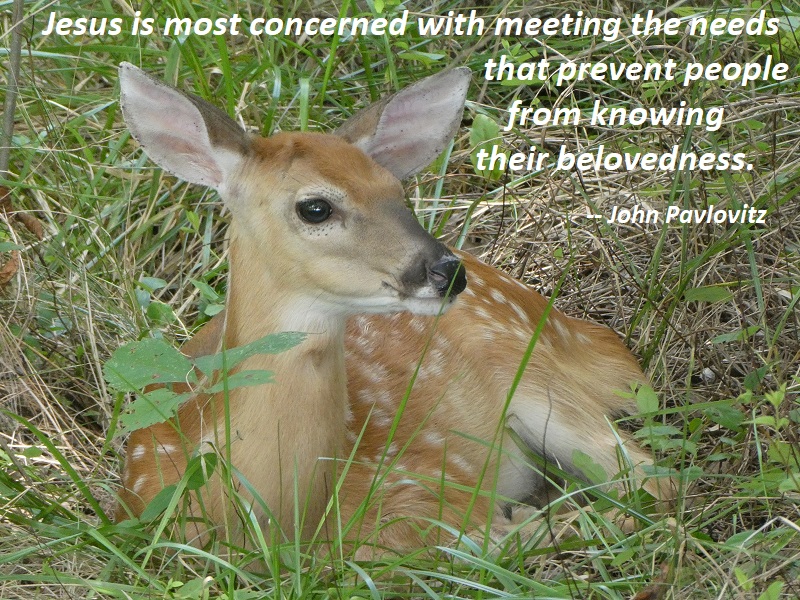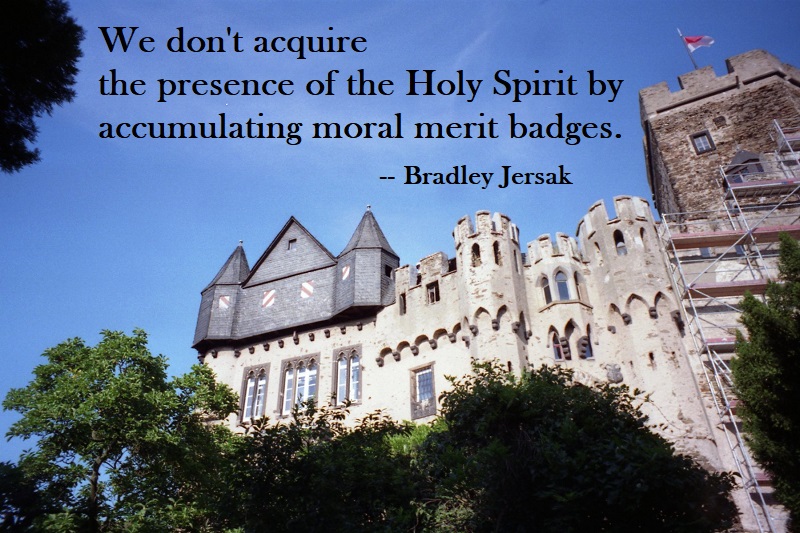Living Alongside
It isn’t about taking some loud, blustery stand against sin, it isn’t about how much we pound our pulpits or how loudly we condemn or the cultural battles we wage. It isn’t about drawing some moral line in the sand. It’s about our willingness to be with people and live alongside them.
This is why the inclusion of the LGBTQ community into the body of Christ is so important in these days, and why it is one of the hills worth dying on for me as a pastor, because it is one of the greatest opportunities we have to set the kind of table Jesus set for the believers he entrusted to carry the message forward. It is an opportunity to show the watching world what Christ looks like by emulating him. The Church’s resistance to and persecution of gay, lesbian, bisexual, transgender and questioning men and women is a push against the Holy Spirit because it runs in direct opposition to the heart of Jesus as reflected in the Gospel biographies and the book of Acts. It isn’t just shrinking the table: it’s walling off the table from those who desire to be present. And the answer isn’t offering some tentative, heavily conditioned token tolerance as a compromise. (If that were the case, Jesus’ table gatherings would have been very different.) It is to be fully obedient to Jesus’ command to love another as oneself. The straight Church doesn’t need to tolerate or pacify or throw scraps to the Christian LGBTQ community, it nees the LGBTQ community for the same reason it needs all those seeking and walking in faith regardless of their gender or skin color or sexual orientation — because these folks are breathing sanctuaries of the Spirit of God and because without them any version of the Church is still inferior and incomplete. Until the queer Christian community is received fully and welcomed and included without caveat or restraint by the institutional Church, the Church will continue to be less grace-filled, less rich in its complexity, and less in the image of Christ than it should be. When Christians attempt to exclude any group from the table, they distort the Church because they deny the heart of Jesus for all of humanity. Discrimination hinders people from finding community, and it robs the Church of the tremendous gifts that diversity brings.
— John Pavlovitz, A Bigger Table, p. 138-139
Photo: View from Burgruine Koppenstein, Germany, September 19, 1998

